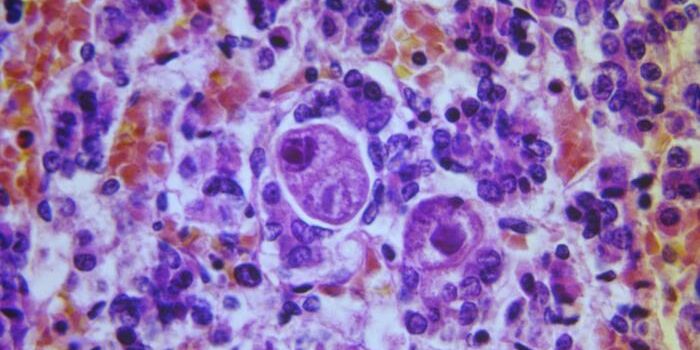
What is Cytomegalovirus (CMV)?
Cytomegalovirus (pronounced sy-toe-MEG-a-low-vy-rus or CMV) is a common virus that infects people of all ages. A healthy immune system usually prevents the virus from causing illness, but once infected with CMV, the virus remains in your body. While most babies born with CMV never have symptoms, some may have health problems at birth or develop complications later in life. CMV is the most common infectious cause of birth defects in the US.
How Common is CMV?
In the US, nearly 1 in 3 children is infected with CMV by age 5 years and they usually do not have symptoms. Over half of adults have been infected with CMV by age 40 years. Once CMV is in a person’s body, it stays there for life and can reactivate. A person can also be re-infected with a different strain of the virus.
Who is at Risk?
Although anyone can get CMV, some people are at higher risk for complications from CMV, including those who are pregnant or have weakened immune systems. Pregnant women who are infected with CMV can pass CMV to the developing baby. Congenital CMV occurs when a baby is born with a CMV infection. About 1 in 200 babies is born with congenital CMV infection. About 1 in 5 babies with congenital CMV infection will have birth defects or other long-term health problems.
How is it Spread?
Because children infected with CMV may shed the virus in body fluids for months, those in close contact with young children are at increased risk of exposure to the virus. The virus may be spread from a pregnant woman to her developing baby during pregnancy and through breast milk to nursing infants. CMV may spread through sexual contact and through transplanted organs and blood transfusions.
Symptoms
Most people with CMV show no signs or symptoms and may not know that they have been infected. Infection in healthy people can cause mild illness including:
- Fever
- Sore throat
- Fatigue
- Swollen glands
Occasionally, CMV can cause mononucleosis or hepatitis (liver problems).
People with a weakened immune system who get CMV can have more serious symptoms affecting the eyes, lungs, liver, esophagus, stomach, and intestines.
Babies born with CMV can have brain, liver, spleen, lung, and growth problems. The most common long-term health problem in babies born with CMV infection is hearing loss. This may be detected soon after birth or may develop later in childhood.
Prevention
You can lower your chances of getting CMV by reducing contact with saliva and urine from babies and young children. Do not share food, utensils, cups, or pacifiers with a child. Wash your hands with soap and water after changing diapers or helping a child use the toilet.
Treatment
Blood tests to identify CMV infection can be ordered by healthcare professionals in adults who have symptoms. Urine (preferred) or saliva tests done within 2-3 weeks of birth are recommended to evaluate newborns for congenital CMV. Healthy people who are infected with CMV usually do not require medical treatment. Antiviral medications are available to treat:
- CMV infection in people who have weakened immune systems
- Babies with signs of congenital CMV at birth
Children with congenital CMV should have regular hearing and vision checks.
Updated August 2025
Source: Centers for Disease Control and Prevention
Related Resources

Preventing Congenital Cytomegalovirus during Pregnancy
Join NFID and ACOG for a discussion of the risks of cytomegalovirus (CMV) and strategies to reduce transmission and congenital infection during pregnancy …
